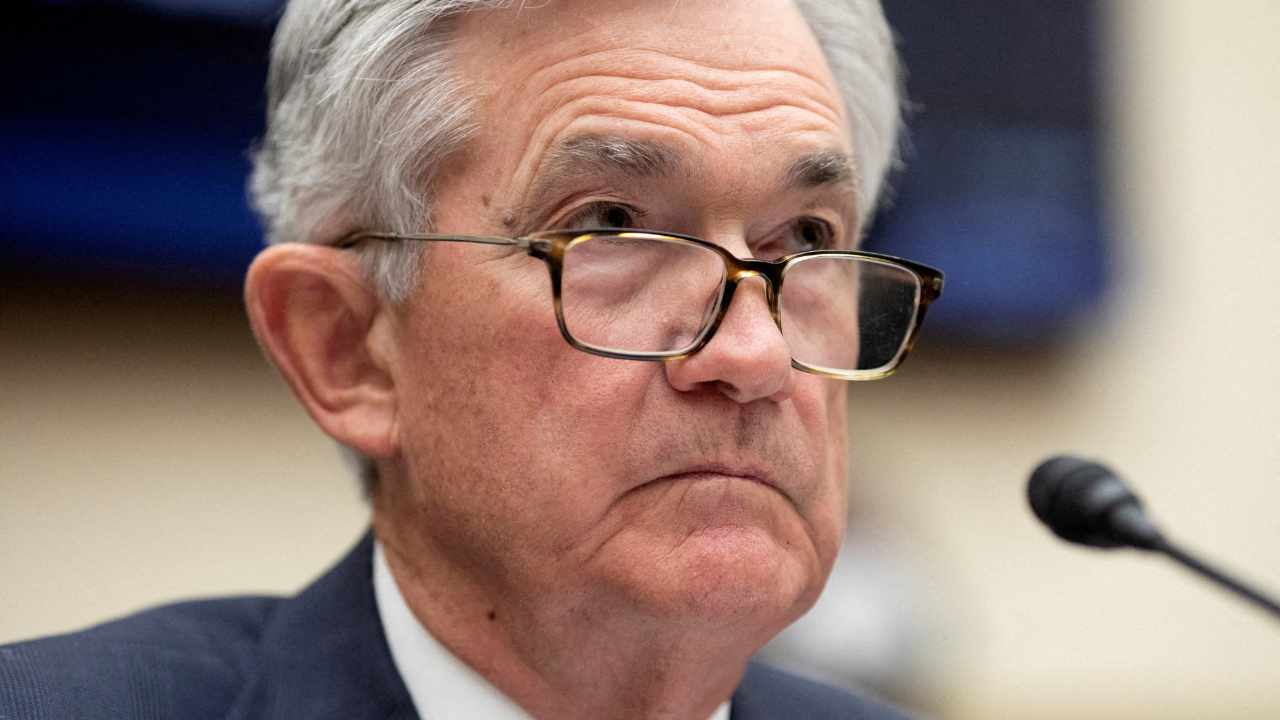
A growing number of economists have warned about a severe recession in the U.S. if the Federal Reserve keeps up its fight against inflation. “Each adverse development in the outside world implies the Fed is going to have to do more in order to bring the situation under control,” said one economist.
Economists Warn of Deep Recession Resulting From Fed’s Response to Inflation
A growing number of economists have warned that the Federal Reserve’s fight against inflation, which remains at the highest level in decades, could lead to a severe recession in the U.S. At the upcoming Federal Open Market Committee (FOMC) meeting Wednesday, the U.S. central bank is expected to raise interest rates by another 75 basis points — the fourth 0.75 percentage point increase in a row. However, several economists cautioned that policymakers’ response to inflation could lead to a more severe downturn for the U.S. economy, the Financial Times reported Tuesday.
“Each adverse [inflation] report and each adverse development in the outside world implies the Fed is going to have to do more in order to bring the situation under control,” David Wilcox, a senior fellow at Peterson Institute for International Economics, was quoted as saying. He added:
Doing more means a higher probability of a recession, and if [it] happens, in all likelihood a deeper recession.
Franklin Templeton Fixed Income Group’s chief investment officer, Sonal Desai, opined: “The reality is we are going to need to see some slowdown in the economy to take some of that demand-side pressure off.”
ING’s chief international economist, James Knightley, warned: “By moving hard and fast, you just naturally have less control.” He elaborated:
The higher the terminal rate, the greater the window for all borrowing costs to continue to rise, [which] does suggest the growing risk of quite a severe downturn.
TD Securities’ global head of rates strategy, Priya Misra, noted: “If you look at the U.S. data, it is very hard to argue why they need to downshift. But the moment you look at the global picture, the U.K. situation should give them caution to downshift without pivoting.”
TS Lombard’s chief U.S. economist, Steve Blitz, explained:
What’s at stake if they make the wrong call is that inflation stays higher, and that means at some point down the road they’ll have to do even more to get inflation back to 2 percent.
Fed Chair Jerome Powell did not rule out the possibility of a recession after the last FOMC meeting in September. “No one knows whether this process will lead to a recession or if so, how significant that recession would be,” he told the press. Powell is also facing political pressure over the Fed’s interest rate hike decisions.
Last week, a survey of 257 economists showed that most believe that global recession is near. Another survey showed that 98% of chief executives are preparing for a U.S. recession. Recently, Rich Dad Poor Dad author Robert Kiyosaki stressed that the Fed’s continued rate hikes would destroy the U.S. economy, leading to market crashes. Economist Peter Schiff similarly warned that the Fed raising interest rates could lead to market crashes, a massive financial crisis, and a severe recession.
Do you think the Fed’s response to inflation will lead to a severe recession in the U.S.? Let us know in the comments section below.
Image Credits: Shutterstock, Pixabay, Wiki Commons
Disclaimer: This article is for informational purposes only. It is not a direct offer or solicitation of an offer to buy or sell, or a recommendation or endorsement of any products, services, or companies. Bitcoin.com does not provide investment, tax, legal, or accounting advice. Neither the company nor the author is responsible, directly or indirectly, for any damage or loss caused or alleged to be caused by or in connection with the use of or reliance on any content, goods or services mentioned in this article.

